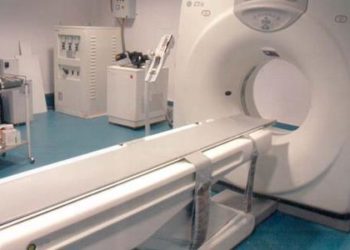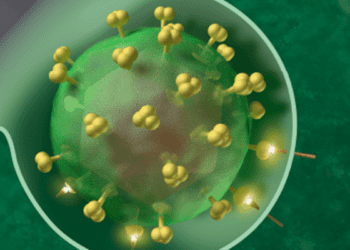High rates of depressive symptoms in postpartum women
[tabs tab1=”2MM Rundown” tab2= “2MM Full Report”]
[tab]
Image: PD
1. Out of a population of 10,000 new mothers, 14% screened positive for postpartum depression.
2. The most common diagnosis in those who screened positive was major depressive disorder with comorbid generalized anxiety.
In the largest-scale depression screening of postpartum women to date, researchers found that 14% of women interviewed screened positive for depression. Of those, the most common diagnosis was major depression with anxiety. A surprisingly high number of women had bi-polar disorder, which is more difficult to diagnose and not typically screened for in post-partum women.
While the strength of this study was a large sample size, results are limited by selection bias, particularly those who screened positive but chose not to undergo diagnostic follow-up. Given the high rates of bipolar disease seen, further studies should be directed at developing and assessing the efficacy of screening tools for bipolar in postpartum women, as well as implementing these screening tools into clinical practice.
Click to read the study in JAMA: Psychiatry
Click here to find the trial on clincaltrials.gov
[/tab]
[tab]
Image: PD
1. Out of a population of 10,000 new mothers, 14% screened positive for post partum depression.
2. The most common diagnosis in those who screened positive was Major depressive disorder with comorbid generalized anxiety.
This [observational study] screened 10,000 women from an urban academic women’s hospital via telephone interview 4-6 weeks post partum using the Edinburgh Postnatal Depression Scale (EPDS). Women who screened during the phone interview were offered in-home psychiatric evaluations to further characterize DSM-IV Axis I primary and secondary diagnoses. The primary outcome measured was the rate of positive screen findings (an EPDS score of 10 or greater), as well as the ultimate diagnosis of those who received follow-up.
Of the 10,000 mothers who underwent screening, 1396 (14.0%) screened positive for depressive symptoms. Of these, 826 (59.2%) accepted home visit follow up and 147 (10.5%) completed a diagnostic telephone interview. During follow-up assessment, 68.5% were found to have unipolar depressive disorders, nearly two-thirds of these also had comorbid anxiety disorders, and 22.6% were found to have bipolar disorders. Only 2.8% of women who received diagnostic follow-up after screening positive did not have at least 1 DSM-IV Axis 1 diagnosis. Women who screened positive were more likely to be younger, single, African American, publicly insured, and be less educated.
In sum: In the largest-scale depression screening of postpartum women to date, researchers found that 14% of women interviewed screened positive for depression. Of those, the most common diagnosis was major depression with anxiety. A surprisingly high number of women had bi-polar disorder, which is more difficult to diagnose and not typically screened for in post-partum women.
While the strength of this study was a large sample size, results are limited by selection bias, particularly those who screened positive but chose not to undergo diagnostic follow-up. Given the high rates of bipolar disease seen, further studies should be directed at developing and assessing the efficacy of screening tools for bipolar in postpartum women, as well as implementing these screening tools into clinical practice.
Click to read the study in JAMA: Psychiatry
Click here to find the trial on clincaltrials.gov
By Maren Shapiro and Leah Hawkins
More from this author: More U.S. women using emergency contraception pill, No cost contraception reduces unintended pregnancies, Active-Duty U.S. servicewomen have higher rates of unintended pregnancy
© 2013 2minutemedicine.com. All rights reserved. No works may be reproduced without written consent from 2minutemedicine.com. Disclaimer: We present factual information directly from peer reviewed medical journals. No post should be construed as medical advice and is not intended as such by the authors or by 2minutemedicine.com. PLEASE SEE A HEALTHCARE PROVIDER IN YOUR AREA IF YOU SEEK MEDICAL ADVICE OF ANY SORT. Content is produced in accordance with fair use copyrights solely and strictly for the purpose of teaching, news and criticism. No benefit, monetary or otherwise, is realized by any participants or the owner of this domain.
[/tab]
[/tabs]








